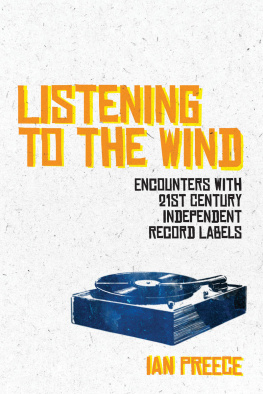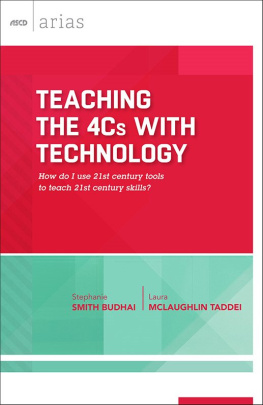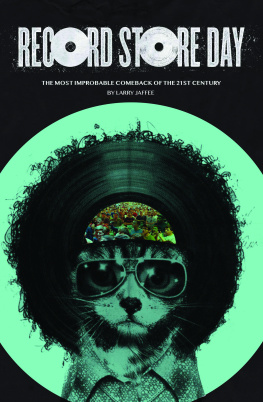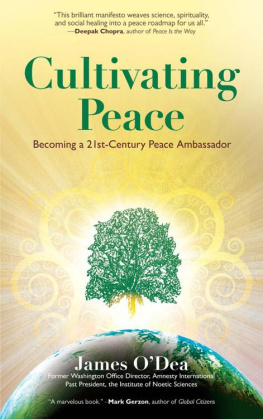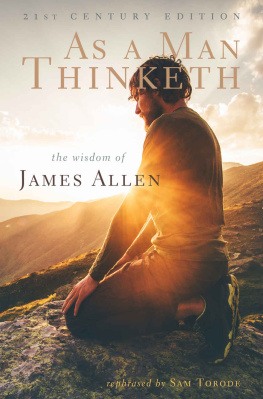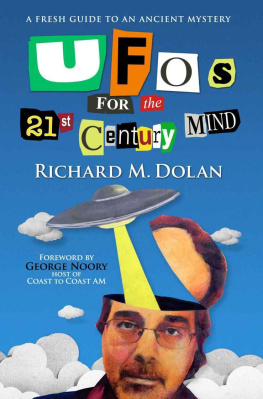Ian Preece - Listening to the Wind: Encounters with 21st Century Independent Record Labels
Here you can read online Ian Preece - Listening to the Wind: Encounters with 21st Century Independent Record Labels full text of the book (entire story) in english for free. Download pdf and epub, get meaning, cover and reviews about this ebook. year: 2020, publisher: Omnibus Press, genre: Detective and thriller. Description of the work, (preface) as well as reviews are available. Best literature library LitArk.com created for fans of good reading and offers a wide selection of genres:
Romance novel
Science fiction
Adventure
Detective
Science
History
Home and family
Prose
Art
Politics
Computer
Non-fiction
Religion
Business
Children
Humor
Choose a favorite category and find really read worthwhile books. Enjoy immersion in the world of imagination, feel the emotions of the characters or learn something new for yourself, make an fascinating discovery.
- Book:Listening to the Wind: Encounters with 21st Century Independent Record Labels
- Author:
- Publisher:Omnibus Press
- Genre:
- Year:2020
- Rating:4 / 5
- Favourites:Add to favourites
- Your mark:
- 80
- 1
- 2
- 3
- 4
- 5
Listening to the Wind: Encounters with 21st Century Independent Record Labels: summary, description and annotation
We offer to read an annotation, description, summary or preface (depends on what the author of the book "Listening to the Wind: Encounters with 21st Century Independent Record Labels" wrote himself). If you haven't found the necessary information about the book — write in the comments, we will try to find it.
Ian Preece: author's other books
Who wrote Listening to the Wind: Encounters with 21st Century Independent Record Labels? Find out the surname, the name of the author of the book and a list of all author's works by series.
Listening to the Wind: Encounters with 21st Century Independent Record Labels — read online for free the complete book (whole text) full work
Below is the text of the book, divided by pages. System saving the place of the last page read, allows you to conveniently read the book "Listening to the Wind: Encounters with 21st Century Independent Record Labels" online for free, without having to search again every time where you left off. Put a bookmark, and you can go to the page where you finished reading at any time.
Font size:
Interval:
Bookmark:
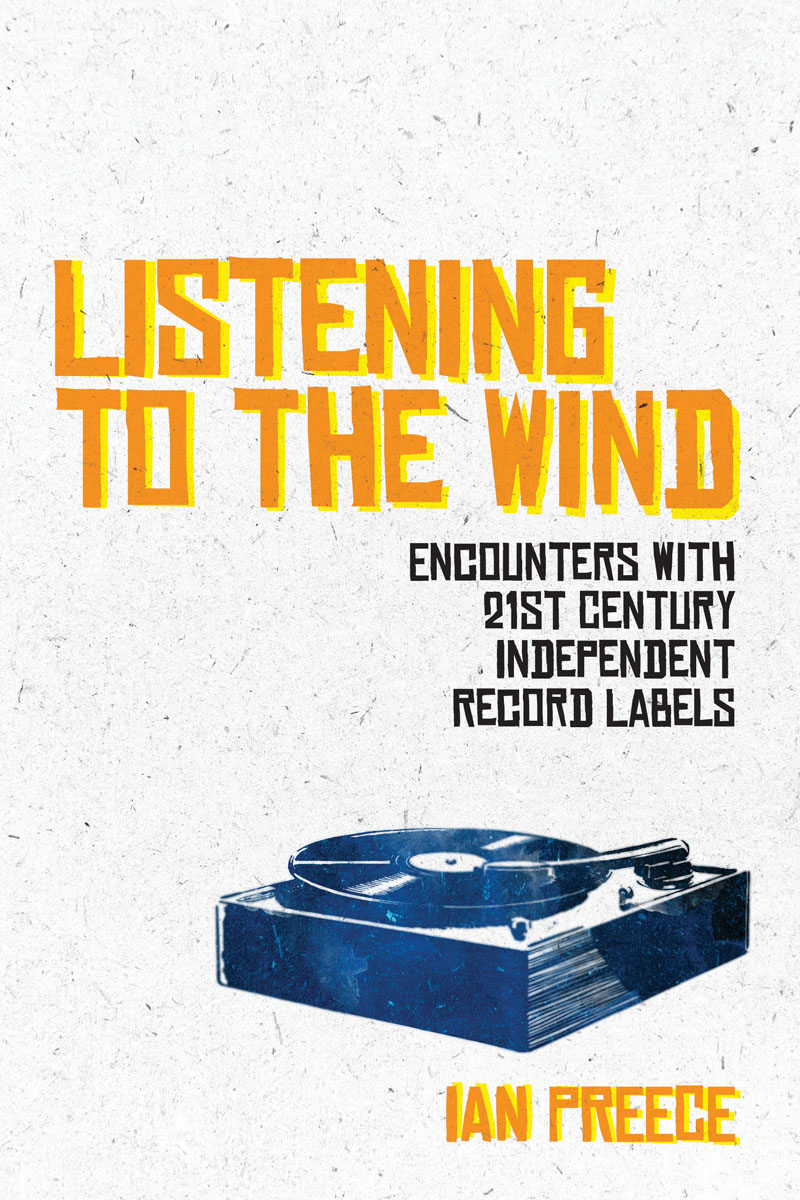

By the same author
The Heyday of the Football Annual: Post-War to Premiership (with Doug Cheeseman) Stats, Records & RocknRoll (with Daniel Tatarsky)

Telling people youre writing a book on independent record labels usually elicits one of three responses. A concerned look: What? A whole book about the labels stuck on the middle of records? Or: Why? Does anyone really need a record label these days? Most commonly, You mean, like, Rough Trade?
Theres a great scene early in Grant & I when Robert Forster nervously hands Geoff Travis a copy of The Go-Betweens 7-inch People Say. Travis is in the Rough Trade office, at that time situated at the back of the Ladbroke Grove shop in west London. Its late 1979, heavy dub is pumping out of the shop hi-fi, rattling the window panes. Travis turns it down and puts the needle on People Say. It was one of those world-turning-on-its axis moments, writes Forster, where everything was afforded a new view. The Go-Betweens 45 sounded so spindly and way out of time, like it could have been recorded the day after Peggy Sue. Too pop, opined Travis, but later signed The Go-Betweens anyway. At which point Forster marvels at Rough Trade as encompassing everything a label should or could be: press, booking, radio plugging, the accountant, Londons hippest record shop and A&R man in the form of Geoff (the John Hammond of indie rock) all under one roof. Not to mention the cool vibes emanating from other bands on the roster The Fall, Blue Orchids, Young Marble Giants and (ominously, as it happened, for The Go-Betweens) The Smiths. Peddlers of folk, Topic Records, had a similar aura back in their day, with their workers co-operative roots and the likes of Anne Briggs, A. L. Lloyd, Shirley Collins, Ewan MacColl, Peggy Seeger, The Watersons and The Oldham Tinkers cutting sides. Across the Atlantic, around the same time, Blue Note, the original jazz independent, was the home to look for dope jazz: Out to Lunch, Blue Train, The Congregation, Hub-Tones, The Sidewinder, Evolution and many more instantly recognisable by Francis Wolffs black and white photography and Reid Miless hip abstract graphics. Both labels turned 80 the summer I finished this book, which hopefully is some kind of indication that good labels who foster a progressive atmosphere are around to stay. Putting the finishing touches on these proofs, I just heard Gilles Peterson on the radio declare Chicagos International Anthem the new Blue Note.
On the other hand, Jeff Tweedy wrote of Wilco outgrowing the need for a label in his autobiography Lets Go (So We Can Get Back); and Naomi Yang mentioned (in Temperatures Rising: Galaxie 500, an Oral and Visual History has reached Glass Records, Spacemen 3 and the Jazz Butcher, grinding to a halt 30 pages later with the closure of Beanos in Croydon in 2009; twentieth-century independent music covered in one volume and published, appropriately enough, by Cherry Red. What more is there to say?
Were in the twenty-first century now. Not that youd know it from the conveyor belt of books on punk and all those Joy Division and New Order reissues, then around again through another David Bowie box-set, another Factory box, another round of Eno re-masters, TalkingHeadsRoxyMusic PiLTheFallTheSmithsTheRamones another Sex Pistols Record Store Day pressing on orange vinyl. If youre under 30, of course, pick up what you can (in the way my generation scrabbled around for ropey 1980s pressings of The Velvet Underground, Love, King Tubby, John Lee Hooker and John Coltrane). Call me old-fashioned, but mostly I buy new records.
This book was also born of staring out the window during publishing or marketing meetings at work, thinking about a world where Mississippi Records could release Khansahib Abdul Karim Khan (a collection of recordings of the Punjabi classical singer from 1934) but, as a commissioning editor at a big publisher, I couldnt get a history of electronic music through the system. I was lucky enough and feel privileged to have grown up in an era that allowed me to get a job in book publishing in the first place (to be paid and not have a bowl of steam for dessert). Then I was privileged to have been a small cog in a machine that helped great writers get their music books into the world Ben Thompson, Garry Mulholland, David Sheppard, Johnny Green and more and publish titles on the likes of Scott Walker, Tom Waits and Rough Trade. Sport, too. Towards the end I tried to commission a book on the swaggering Danish national football team of the 1980s. I cant really remember, but Im pretty sure my presentation finished with a joke about Jan Molby. Silence enveloped the room. Next up, one of my colleagues had a proposal for a new title on Peruvian street food. The meeting erupted into animated discussion everyone had an opinion (and not just on whether ceviche should be marinated in lime or lemon). Everyone except me. Im still metaphorically staring out of that window onto those rooftops in Covent Garden, splurging out on the new Tindersticks album on clear vinyl rather than some pricy flame-cooked criollo dish, any day.
By the end of my time as a commissioning editor, there were rather a lot of books Id failed to commission. Ivo Watts-Russell didnt have to get the thumbs-up from sales, marketing, production, publicity, paperbacks, accounts, human resources and the sandwich lady before he could release a Rema-Rema record. His original 4AD philosophy was that records are released simply to serve their own beautiful purpose. A record for a records sake. Thats a way of thinking that chimes with the modern boardroom about as well as the ornamental Platen letterpress with the foot treadle sitting in the basement does. My hand was forced but, like Theodor Adorno and Max Horkheimer railing about Benny Goodman appearing with a schmaltzy Budapest string quartet, it was time to move on, to depart what the Frankfurt School witheringly called the culture industry and hit the road in search of some authentic practitioners releasing stuff because they mean it and because the world needs it items of genuine use not mere exchange value; what, in the Age of Enlightenment, people used to refer to as works of art.
A friendly work colleague once rushed out at lunchtime to buy a new Coldplay album on the day of its release. I quizzed her about this when she got back. If that sounds like an instance of workplace bullying, it wasnt I was genuinely interested in something I seemed to be missing about this phenomenon. Adorno and Max Horkheimer were writing against the backdrop of fascism, concerned about the erosion of individual critical thought and its corollary in the light entertainment industry language slipping its moorings from meaning into signification; the triumph of style over content; the blurring of advertising and propaganda (they had fled Nazi Germany only to end up in Hollywood, fake promises smoothly soundtracked in every soda bar by Guy
Of course, its a bit much to lay all that at Coldplays door. But I do think true human essence is eclectic. One minute Im listening to the sublime Buchla synth workouts of Shasta Cults, the next the needle is crackling through Aston Family Man Barrett and Dizzys 7-inch Cell Block 11. Some mornings you get up and only Socit Edemi de Stanleyvilles Tla Bango will do recorded in 1952 and featured on
Next pageFont size:
Interval:
Bookmark:
Similar books «Listening to the Wind: Encounters with 21st Century Independent Record Labels»
Look at similar books to Listening to the Wind: Encounters with 21st Century Independent Record Labels. We have selected literature similar in name and meaning in the hope of providing readers with more options to find new, interesting, not yet read works.
Discussion, reviews of the book Listening to the Wind: Encounters with 21st Century Independent Record Labels and just readers' own opinions. Leave your comments, write what you think about the work, its meaning or the main characters. Specify what exactly you liked and what you didn't like, and why you think so.

